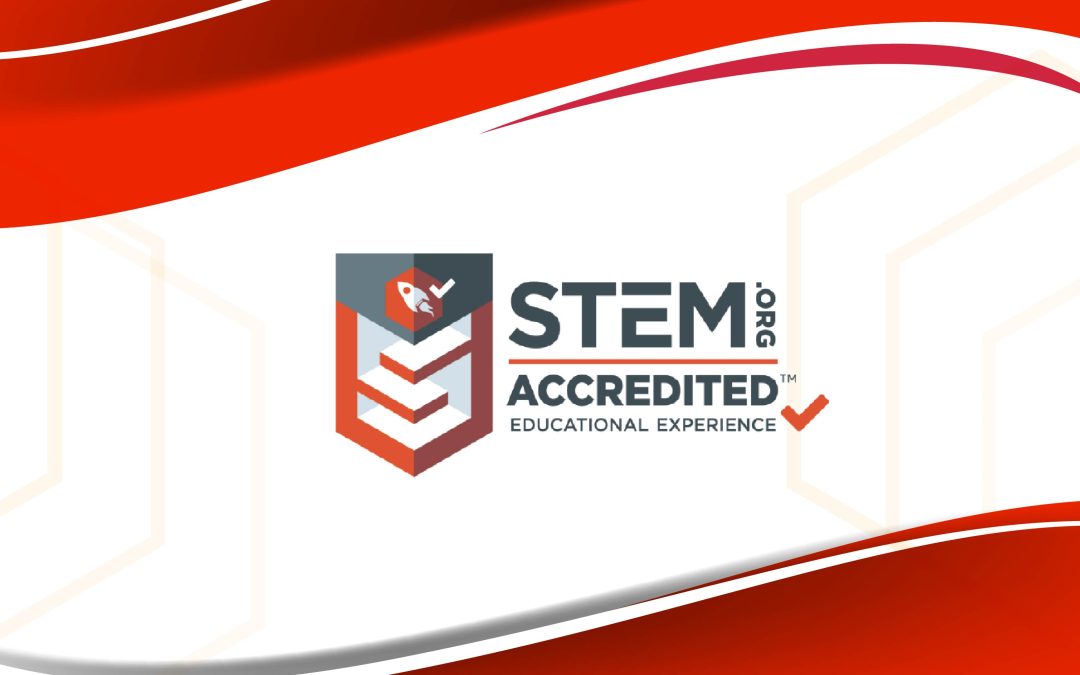The future of education technology and its potential impact on the education system
The future of education technology is an exciting and rapidly-evolving field that has the potential to transform the way we think about education. From online learning platforms and virtual reality classrooms to personalized and adaptive learning software, education technology is paving the way for new and innovative ways to teach and learn.
One of the key developments in education technology is the increasing use of artificial intelligence (AI) and machine learning. According to a report by the International Data Corporation (IDC), global spending on AI in education is expected to reach $9.5 billion by 2024, reflecting a compound annual growth rate of 42.1%. AI can be used to create personalized learning experiences that are tailored to the needs and learning styles of individual students.
In addition to AI and machine learning, the proliferation of online learning platforms and tools is another major trend in education technology. According to a report by Educelerate, the global online education market is expected to reach $350 billion by 2025, reflecting a compound annual growth rate of 5.3%. Online learning platforms can provide a more flexible and convenient way for students to learn, as they can access course material at their own pace and on their own schedule.
The use of virtual and augmented reality in education is also on the rise. According to a report by MarketsandMarkets, the global virtual and augmented reality in education market is expected to reach $17.8 billion by 2023, reflecting a compound annual growth rate of 61.9%. Virtual and augmented reality can create immersive and interactive learning experiences that allow students to engage with course material in a more meaningful way.
Overall, the future of education technology is full of potential and holds the promise of transforming the way we teach and learn. As technology continues to evolve, we can expect to see even more innovative and effective ways to use technology in education. This could include the development of new educational software and platforms, as well as the integration of emerging technologies such as quantum computing and blockchain into the education system.
The potential impact of education technology on the education system is vast. It has the potential to make education more accessible, flexible, and personalized, and to improve student outcomes. However, it’s important to note that the adoption of education technology is not without its challenges. For example, there are concerns about the cost of implementing new technologies and the potential for technology to create new inequalities in education. It’s also important to ensure that the use of education technology is guided by sound pedagogy and aligns with the broader goals of education.
Despite these challenges, the future of education technology is bright and holds great promise for improving the way we teach and learn. As technology continues to advance, we can expect to see even more innovative and effective ways to use technology in education, ultimately leading to a more dynamic and transformative education system.








